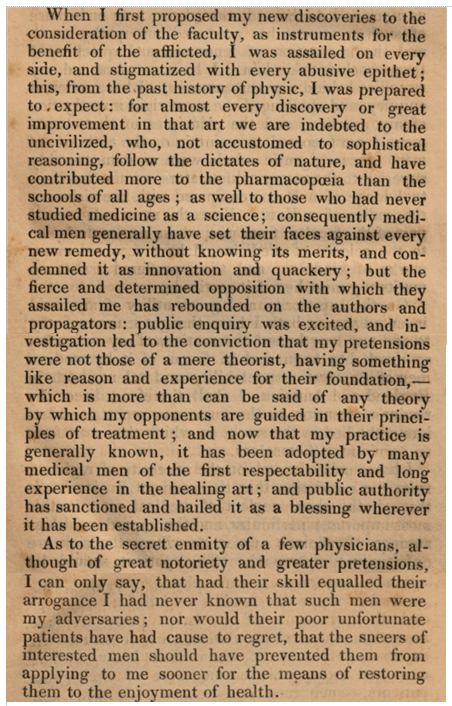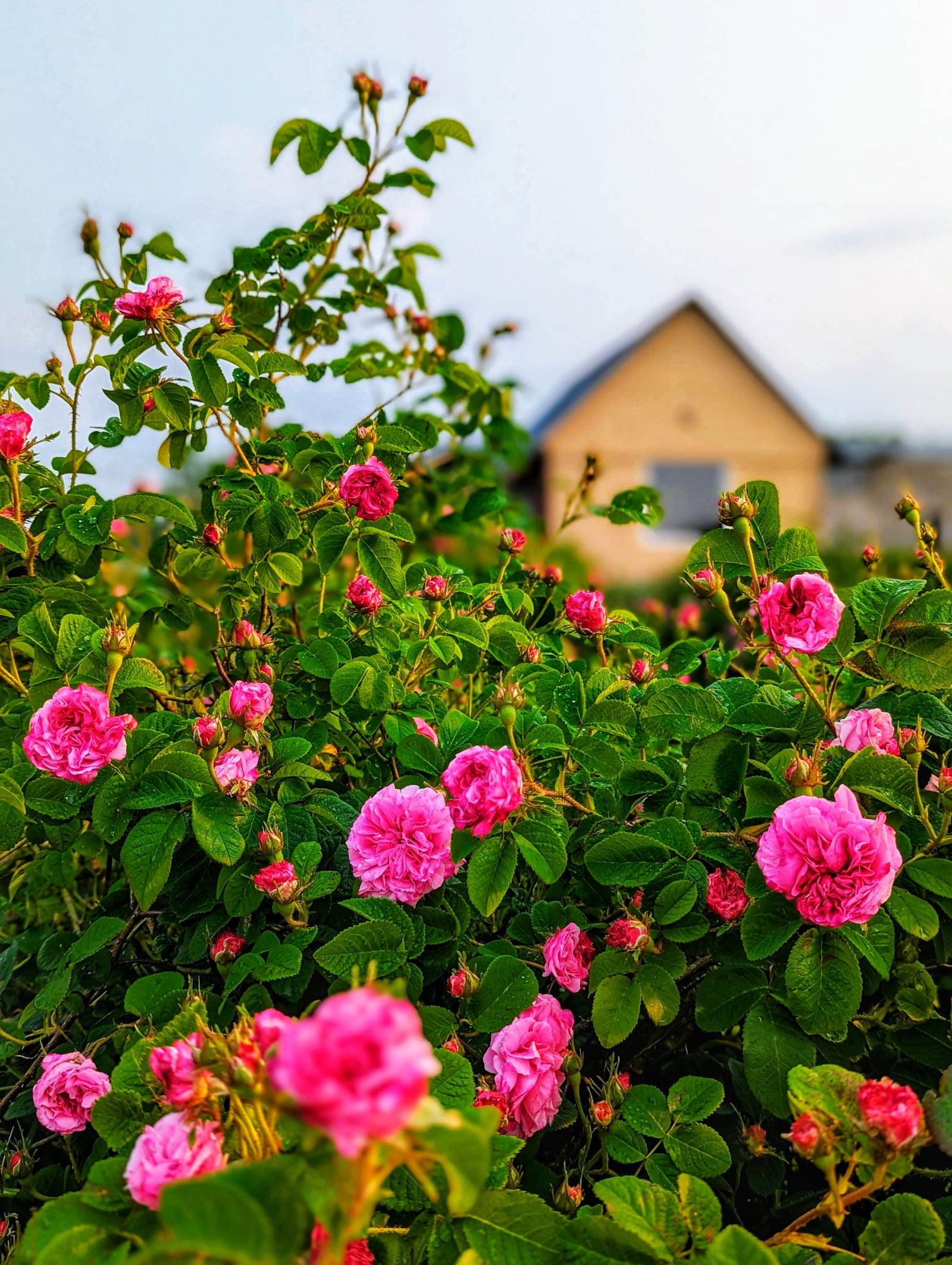
who cancelled botany?
in 2023 currency, one cannot even begin to contemplate the staggering coffers of achievement earned by charles whitlaw, botanist. with courage and purity of intention to observe/learn/test/teach/legislate/commercialize elements of the botanical world to a world hungry for this knowledge, he was tireless in his quest. from the wilds of scotland to the young united states of america in 1794, whitlaw was somehow able to befriend every level of society by speaking the language of plants, and quite specifically, the medical botany dialect. the medicine from plants he saw being used successfully time and time again as he travelled from one american indian tribe to another was easy to embrace. as he learned, standing shoulder-to-shoulder with participants in sacred healing traditions, there was only mutual respect and whitlaw 100% believed that this generational knowledge, this familiar process of using healing plants to cure human ailments, was equal to the knowledge he had gained in his formal training. herein lies his folly. when he returned home some two decades later, he was scorned by the 'establishment' and his prodigious achievements in native american plant medicines earned him the label of charlatan and quack. to shame him entirely, he was blackballed from the prestigious linnaean society in london and, today, his personal life can only be learned of through a sentence here and a footnote there.
charles whitlaw, may have been banished from the inner circle of london's botanical elite and the super-select medical botany sphere he had always aspired to but he is, and will always be, an a-lister. we know from his writings that he had an intense reverence for the plant world and sought to encounter and experience everything in this realm that he could. the botanical treasures he encountered in the new world energized his studies and he shared his knowledge with a broad, highly-interested community. he was a true mover and a shaker and managed to drum up interest for the study and implementation of the medical botany used traditionally for hundreds of years by the people that first roamed north america. the most surprising thing whitlaw was to discover though was that man cannot live by pure botany alone. before long, the politics/snobbery/jealousy of his peers quickly foiled his stellar trajectory in the field of medical botany and his ideas were banished from inner botanical circles.
the making of a legend
charles whitlaw was born in 1771 in yester, scotland the same year the world's first international best-selling author, sir walter scott, was born. it is interesting to note that yester castle was a recognized center of the supernatural and hair-raising stories of magical goings-on gripped the nation at this time. sir walter scott, who was born in edinburgh, was fascinated with the world of mysticism and it became a common theme in all of his works. whitlaw, who was born in the epicentre of ghostly stories and myths, turned instead to the stone-cold-sober sciences and in particular medical botany. whitlaw was greatly influenced by carl linnaeus who, a hundred years earlier, had set out a classification system for plants that we continue to use today. linnaeus is known as the father of taxonomy and whitlaw was a to-the-letter acolyte.
when whitlaw set off to the university of edinburgh to study 'botany' he was in fact studying 'medicine'. there was no distinction between being a 'physician' and a 'botanist', at this point in time, because plant knowledge was the source of medicine for healing and curing human ailments. it was one and the same. of course, the most important person to keep alive is the king so the physic garden was housed within the grounds of hollyrood palace. at the time of whitlaw's tenure at u of e, the physic garden was operated by the royal college of physicians and surgeons with the main intent being that the plants grown in the physic garden were to be used for medicine. the word physic means 'medicine, especially a cathartic'. in medical terms, 'cathartic' means 'purgative' or rather, the ridding of illness from the body and mind.
during whitlaw's time in edinburgh, physic gardens and the medicine it provided was so in demand that several locations were added in order to house these important plant collections. where the royal botanical gardens in edinburgh currently resides is actually the fifth and final location set up in 1820 and is now managed by the scottish government. but back in the 'olden days', the medical training grounds that these physic gardens provided, in turn, produced many a knowledgeable botanist/doctor (hello darwin) and, in turn, one of scotland's most valuable exports became these passionate young graduates who set off to all parts of the world to teach and heal. by the time whitlaw set off for america at age 23, he would have seen the effects of plant-based medicine on thousands and thousands of cases: 'botany' or 'medicine', he was equally adept.
you can't keep a good man down
one can only imagine the voyage to america from great britain in 1794 and how the sheer vastness of america presented itself to a still wet behind the ears, newly-minted medical botanist. a lesser person might have wavered but whitlaw's voracious interest in botany and his allegiance to the main tenet of linnaean law "the physician destitute of a knowledge of plants, can never properly judge the power of a plant", he cracked on with this amazing opportunity. the plant 'discoveries' that whitlaw made and the provable benefits these plants could provide humankind made people sit up and take notice. in fact, this industrious scotsman was written and talked about in the highest social circles in america and his ideas were advanced through congress and read by the likes of adams, jefferson and madison (the 2nd, 3rd and 4th presidents of the usa). whitlaw presented compelling evidence of the knowledge he gained first-hand from indigenous peoples and he repackaged it into a language that could elevate these traditional truths. for the two decades that whitlaw was in america, the following would be short-listed for his highlight reel:
- his ideas for processing nettle into a fibre that could be used in the manufacture of cloth were patented
- he advanced the use of lobelia inflata for treatment of asthma and bronchitis. from his writings, we learn that whitlaw had acquired a great deal of knowledge of medicinal and culturally important native plants from the indigenous tribes with whom he moved between and closely observed. in his article about lobelia inflata, which appeared in 'the lancet' in 1833, his first order of duty is to attribute this specific medicinal knowledge of this plant which gives it the emetic quality to the well-known indian “black-drink”. boom, right there, he laid down the formal evidence of lobelia inflata, a sacred medicinal plant medicine of the indigenous people, and discussed it, without prejudice, in the most esteemed of all medical journals
- perhaps one of the most endearing enterprises that whitlaw devoted himself to was teaching. he travelled to growing towns like charleston, montreal, buffalo and even promoted his plan for a botanical garden right in the heart of a booming little town called washington, dc which *almost* happened. well, i can tell you something very specific about whitlaw's vibe. his lectures were accompanied by transparencies featuring the magnificent botanical art of charles thornton. can you imagine sitting in a crowded founding-father town/universtiy/lecture hall while this marvel of a young man blows into town bearing a spool of beautiful hand-painted transparencies made of muslin that were wound around a spindle? this delicate treasure would be unrolled (from top to bottom) in front of a bank of candles. i mean, swoon!
- coined the medical-term 'buttercup fever'. according to whitlaw, in his widely distributed booklet "a treatise on the causes and effects of inflammation, fever, cancer, scrofula and nervous affectations", he identifies the primary cause of all disease and poor health in humans and livestock alike (spoiler alert: poor land management and the proliferation of weeds) and is mostly pointedly outraged at ranunculus palustris. he paints a medical diagnoses of 'buttercup fever' as only a botanist could: care must be taken with not just what you grow, but how it is grown. if you don't take proper care, undesirable weeds grow up and are either eaten by livestock which, in turn, is eaten by humans or humans just carelessly eat them themselves and this, in turn, is the root of all disease. or, 'buttercup fever', as whitlaw put forth
- whitlaw's passion for the richness of medical-grade flora found in north america and how it was employed by native american culture led him to focus on the common practice of 'vapour bathing'. specifically, the generations old ritual whereby a special mixture of plant species are "vapourized" creating a healing steam for individuals to be immersed in as a means of alleviating a wide variety of physical and mental ailments. what conduit for success did our hero use in order translate this ancient ritual of healing into the mainstream? well, whitlaw was able to charm the leaders of the quaker community, who were also well into a long and friendly relationship with the native peoples and were similarly cognizant of the uses and benefits of native medicinal plants. decision-makers quickly warmed to whitlaw's bold, newly patented "whitlaw medicated vapour bath". the engaging plant dialect that this charming scotman spoke was right on-brand for the lead quaker community and they purchased the patent rights of the "whitlaw medicated vapour bath" and a "whitlaw medicated vapour bath" was installed in every quaker community in the united states. in 2023 terms that's a bfd
alas, despite whitlaw's furiously productive years in america, a red carpet was not rolled out upon his return to the united kingdom. in fact, the polar opposite was what happened. the linnaean society in london scorned his ideas and the medical community was outraged by his promotion of medicines created by 'lesser beings'. he was labeled a charlatan and quack and he was 'scrubbed' from botany's 'ruling elite'. whitlaw could not be silenced though. quite fittingly, he bravely stood against this prejudiced tyranny of the botany-elite cabal he was up against and lived out his days administering the magical medicine he had learned about from his medical botanist friends back in america. he continued to build on this ancient generational plant-medicine knowledge and added substantial data of his own that unequivocally demonstrated the quality of the physic being administered. and from his comfortable home in regent park, whitlaw continued the with the age-old traditions gleaned from his great american adventure and kept many babies and mums and dads and grandparents alive, happy and 'cathartic'.
upon his death, charles whitlaw was laid to rest knowing that the life he lived would have been approved by the only person that really mattered to him. carl linnaeus.


black·ball
/ˈblakˌbôl/
blackball: reject (someone, usually a candidate applying to become a member of a private club), typically by means of a secret ballot.
read more about charles whitlaw:
https://founders.archives.gov/documents/Jefferson/03-04-02-0333
thank you for reading this! all the clicks that it took you to get here helps to amplify our botanical forward messaging. plants help us to feel, and look, better. the beauty of plant science is something we pour into every jar of topical goodness that we make. smart and generational plant knowledge is churned into every sublime bar of botanical soap which, in turn, keeps you clean and in sync with your natural self.
there will be EVENTS happening right here on the bio-sphere reserve in 2023!! don't you need some #ontariogrown goodness in your life? stay tuned to the newsletter for more details, and, because all you beautiful newsletter subscribers are THE BEST, first dibs on these exclusive learning experiences will offered here before opening registration up to the public. we hope you find something that'll get you to our farm and the stunning niagara region this year.
happy 2023 everyone!
